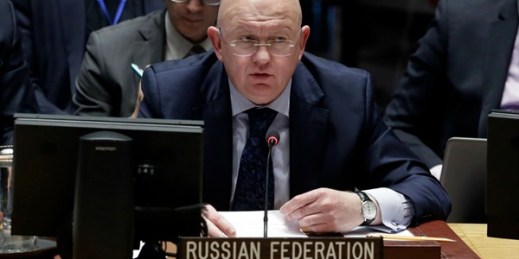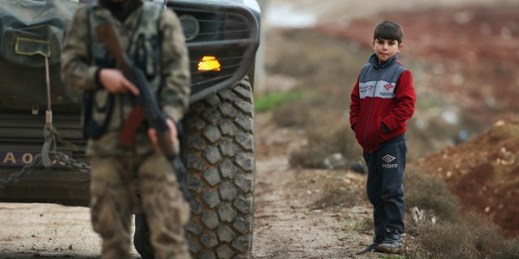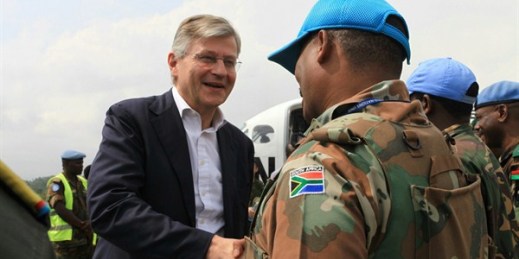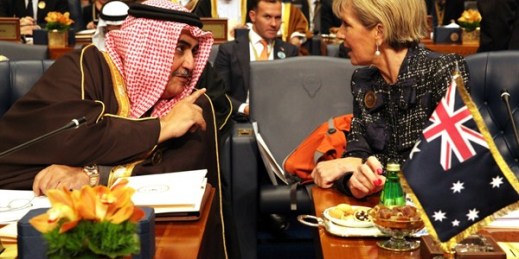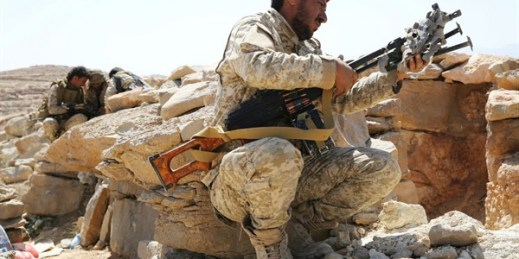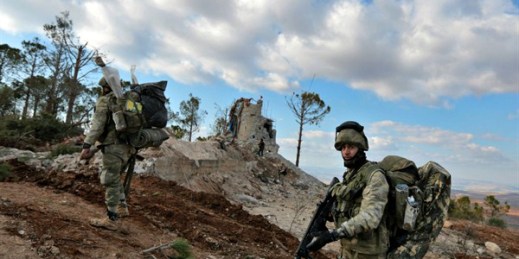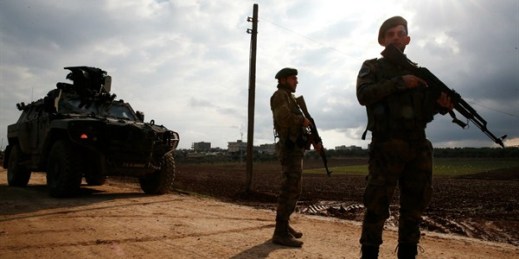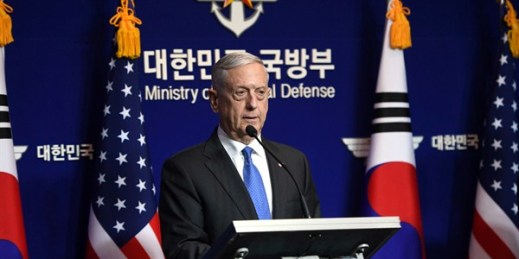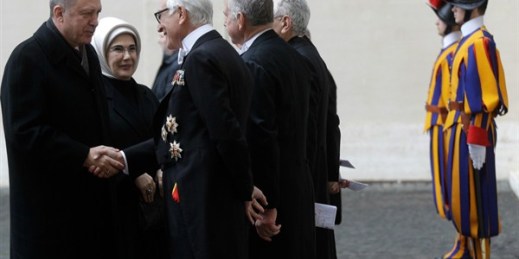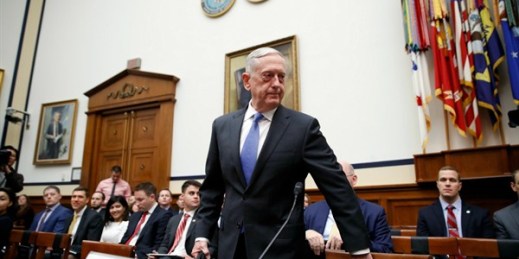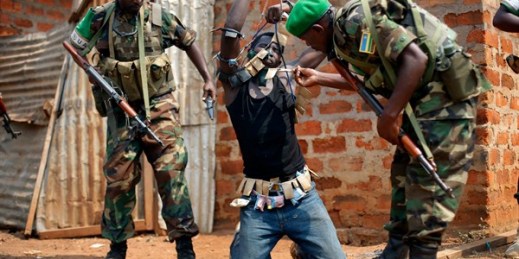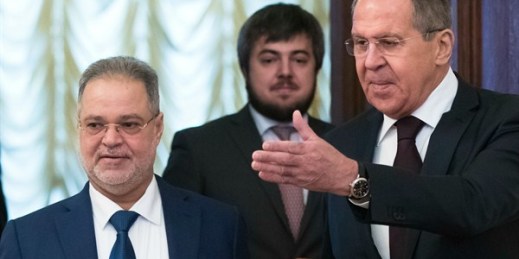
In late January, Yemen’s foreign minister, Abdul-malik al-Mekhlafi, traveled to Moscow where he met with his Russian counterpart, Sergey Lavrov. As they discussed the implementation of an elusive peace settlement in Yemen, Lavrov emphasized Russia’s willingness to mediate between rival Yemeni factions. Lavrov’s somewhat surprising announcement was followed up days later by a statement from the Russian Ministry of Foreign Affairs, offering to broker talks in the burgeoning conflict between separatists in southern Yemen and the forces of Yemen’s internationally recognized government, whose president is in exile in Saudi Arabia. Until recently, Russia has maintained a diplomatic presence in Yemen’s […]

